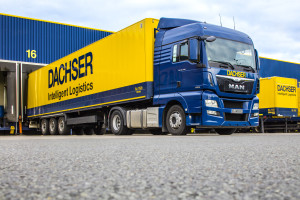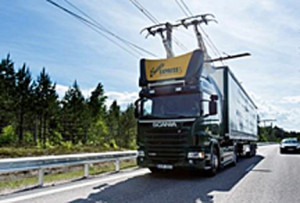The distribution activity for retail and e-commerce channels to be combined at one location and current contract extended by three and a half years.
Prénatal and GEODIS’ Contract Logistics Line of Business have extended their e-commerce collaboration until June, 2020. Prénatal’s retail and e-commerce stock will be combined and stored in the GEODIS’ distribution centre in Almere.
Cooperation between Prénatal and GEODIS started in 2009 when it involved traditional logistics services with storage of store inventory at its core. When it appeared that there was great potential to reduce costs per unit in the area of e-commerce, the two companies decided to intensify and expand their partnership. Now, as a result of developments within GEODIS’ distribution processes and Prénatal’s strategic market approach, they have fully merged e-commerce and retail logistics.
“As a retailer, your stock is your most important asset,” says Ardjan van den Blonk, Manager Supply Chain at Prénatal Moeder en Kind B.V. “You want to serve your consumers as well as possible, regardless of where they make their purchase – through a store or a webshop. An omni-channel inventory will prevent stock from being unnecessarily located at different sites and this will help us better meet customer needs. Working intensively and as true partners, GEODIS has helped us to achieve these aims.”
“Combined stock is rare, due to a variety of complex factors,” explains Joop Mastenbroek, Chief Financial Officer at GEODIS in The Netherlands. “Merging retail and e-commerce stock doesn’t simply move physical inventory – it also has an impact on all processes and systems. That is what makes this activity with Prénatal unique. However, e-commerce is a fast-changing business, and you can’t sit still. We will continue to develop our activities in this area in order to respond to future challenges and we are happy that we are doing this in close collaboration with Prénatal.”
ENDS
GEODIS – www.geodis.com
GEODIS is a Supply Chain Operator ranking among the top companies in the field in Europe and the World. GEODIS, owned by SNCF Logistics, which in turn is a business line of the SNCF Group, is ranked as the number four logistics provider in Europe and number seven at a worldwide level. GEODIS is also listed as a “Leader” in Gartner’s 2016 Magic Quadrant of Worldwide 3PLs. GEODIS’ reach includes a direct presence in 67 countries and a global network spanning over 120 countries. With its five Lines of Business (Supply Chain Optimization, Freight Forwarding, Contract Logistics, Distribution & Express, and Road Transport), GEODIS manages its customers’ Supply Chain by providing end to end solutions enabled by over 39,500 employees, its infrastructure, its processes and systems. In 2015, GEODIS recorded €8 billion in sales.
About Prénatal Moeder en Kind B.V. – www.prenatal.nl
Prénatal is the leading retail format in this area, with the most comprehensive, inspiring and affordable range combined with the best service and advice, all tailored to the needs and expectations of the pregnant women or women who have just given birth, and her baby.. In all of our Megastores, City stores and our webshop, we work hard every day to make future and current parenting and shopping better, easier and as comfortable as possible, any time and in every way.
PRESS CONTACT
Bruno Delfils
GEODIS – Corporate Communication and Marketing Director
00 33 (0)1 56 76 22 45
bruno.delfils@geodis.com








 GEODIS joined a consortium of French companies to commission a study on electric highways from the low-carbon consultancy firm Carbone 4. The study, published on February 27, confirms the interesting possibilities of developing this technology to reduce the CO2 emissions of resulting from freight transport.
GEODIS joined a consortium of French companies to commission a study on electric highways from the low-carbon consultancy firm Carbone 4. The study, published on February 27, confirms the interesting possibilities of developing this technology to reduce the CO2 emissions of resulting from freight transport.